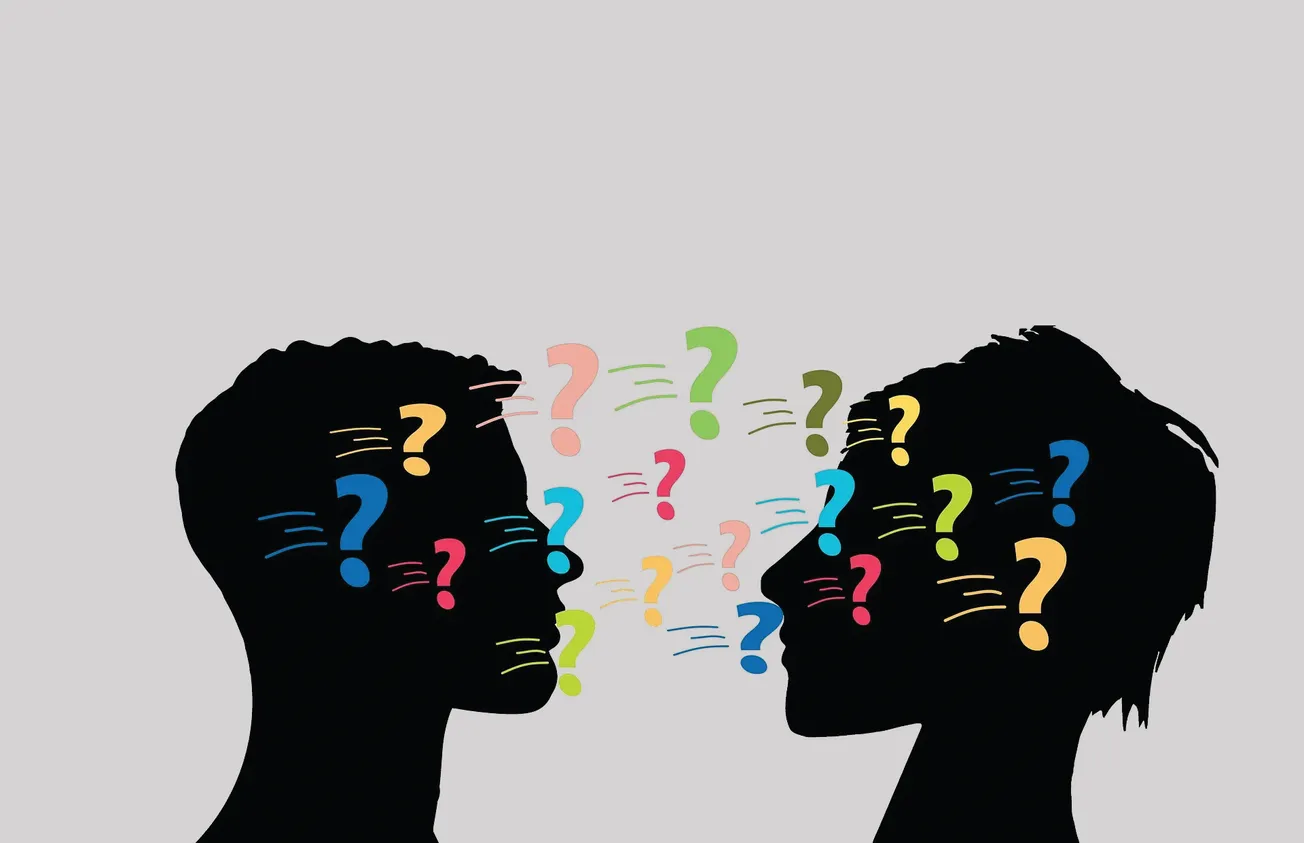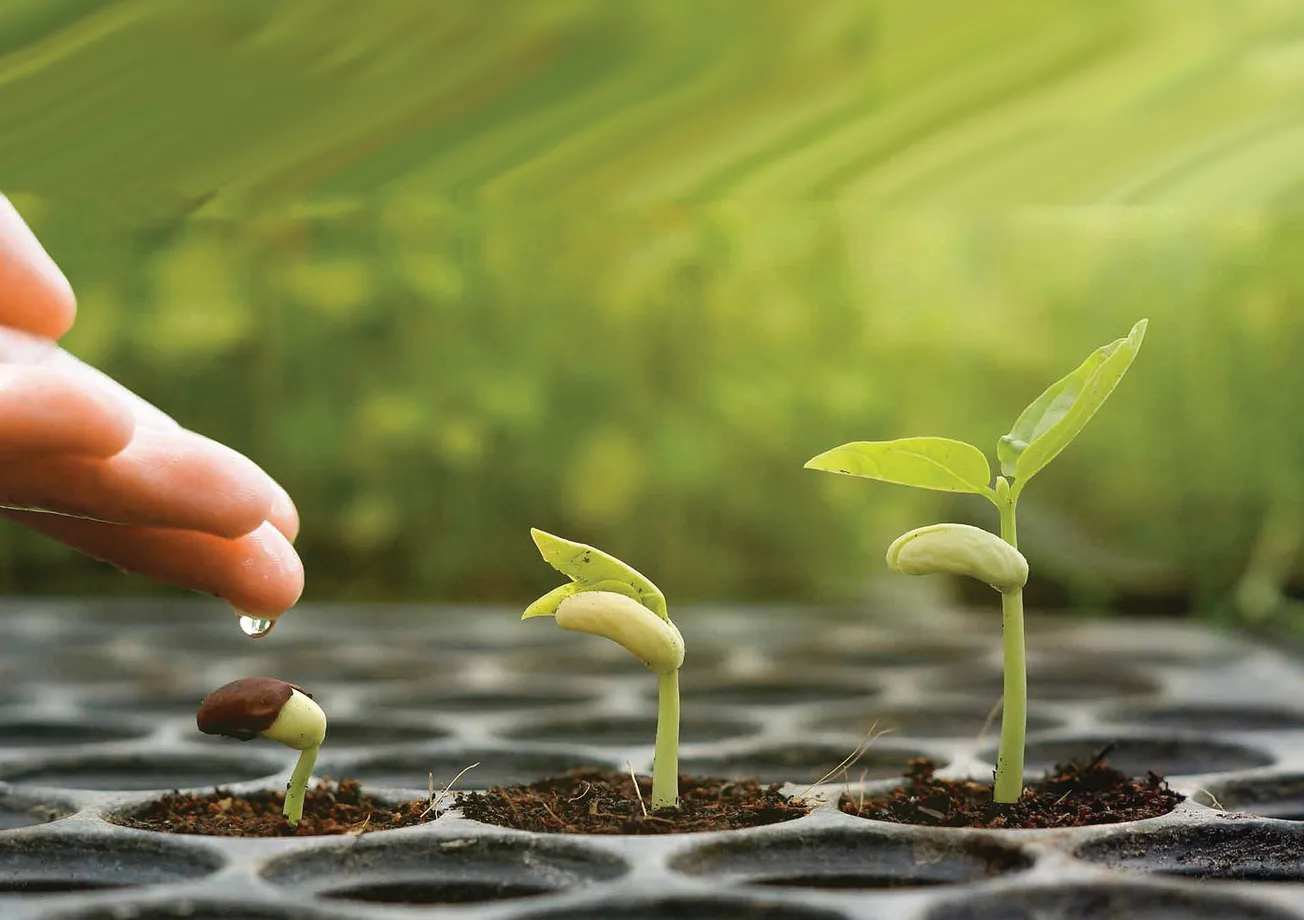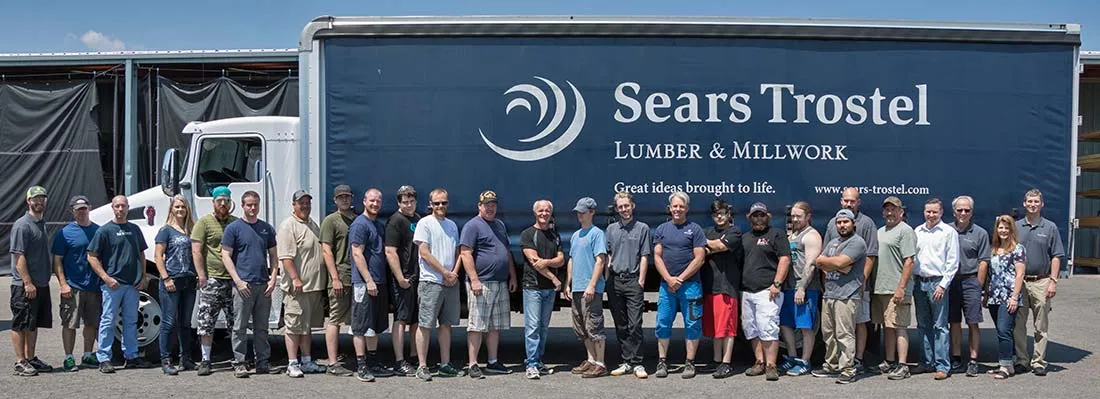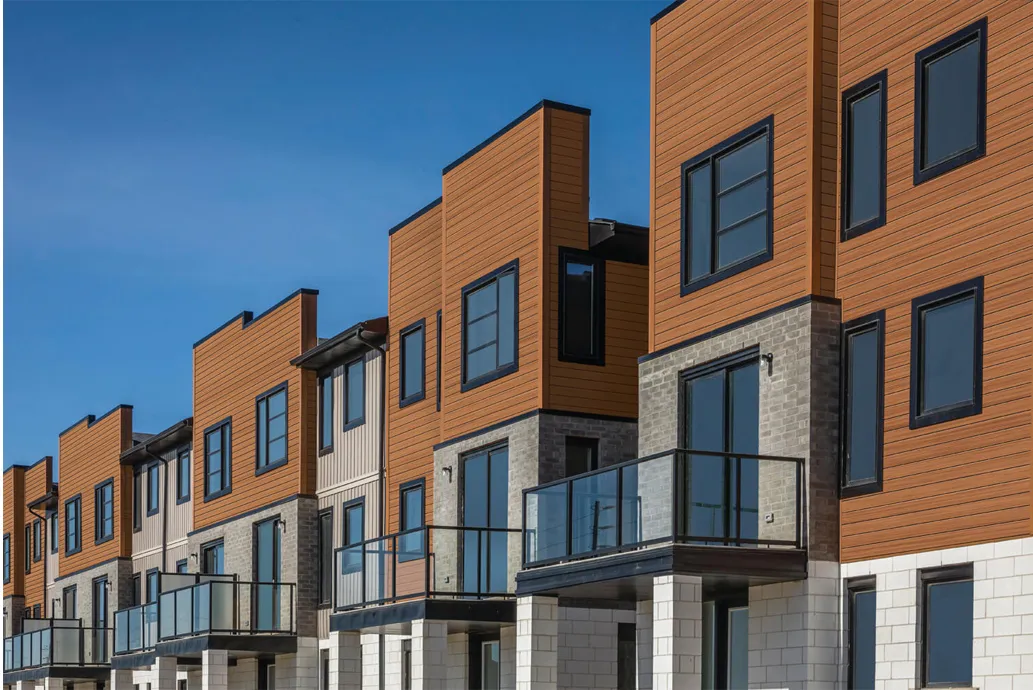Table of Contents
I haven’t hugged my kids, grandkids, or my 85-year-old mother in two months.
Before COVID-19, my first and last thoughts of the day were work, work and more work. While I am still an entrepreneurial junkie and serial workaholic, a virulent microbe has flipped my priorities on their proverbial heads.
These days I start and end my days on video chats with my 8-year-old granddaughter. I think that is a good thing. Instead of yearning for the deal, I am yearning for a hug from those I love. I don’t know whether others share this feeling. But I do know that due to this pandemic people’s priorities will change, hopefully for the better.
Confined to our homes, our globalized reality now mostly fits in our living rooms. Our world has become much smaller. As restaurants, shopping malls and sports venues – the churches of consumption – have closed, the economy has gone into a coma. Of course, people regularly wake up from comas, and they will this time, too.
But just as people who wake up from comas don’t immediately get out of bed and run a marathon, neither will our economy. It will have to wake up slowly and then require lots of “physiotherapy”. The recovery will take hard work, sacrifice, and as anyone who has gone through physical therapy will acknowledge, there will be pain. From speaking to people who have come out of comas, their mental state is changed forever, prompting them to re-evaluate their priorities: time with family becomes more precious; the pursuit of wealth and material goods becomes less important; working 12 hours a day to get that promotion doesn’t matter as much. The vast majority of people, especially the most recent generation, have been very fortunate. We have been the greatest consumers in history, buying clothes and electronics, eating out at restaurants, having 3,000 channels available to us on our televisions, trading in our cars every 3 years, and travelling the globe on holidays. Interest rates were low, access to capital was easy, and debt was no big deal. I would argue that successive governments at all levels taught these lessons to us!
With COVID-19 the discretionary spending has stopped. Suddenly, buying toilet paper is more essential than buying new clothes. Having money for rent is infinitely more important than eating out. For the first time, most people are having to put their first world problems aside, and worry about the basics. And seniors, who remember their parents talking about life during the Great Depression of the 1930’s are wondering if their golden years just turned to bronze. How will social isolation and our economic coma change us? What will our world look like as we work towards restoring normalcy? Will we seize the opportunity to grow, as people, from this experience?
In 1943, at the height of the Second World War, Abraham Maslow published “A Theory of Human Motivation.” Maslow argued that humans are motivated by a hierarchy of five needs. At the bottom of the pyramid are the most basic needs: food, water, shelter. The next tier is that of safety, then love and belonging, followed by psychological needs such as self-esteem. Achieving one’s full potential, or “self-actualization,” often reflected in one’s career, education and worldly accomplishments, stands at the top of the pyramid, representing the peak of human development.
As I think about re-prioritizing the time and space I want to share with loved ones, perhaps I’ve skipped over the foundational needs in my striving for the apex. I’m sure some of you can relate…
How will Maslow’s pyramid look in the coming months and years? Will people decide to forgo their excessive spending, real estate dreams and other materially-driven goals, and instead turn Maslow’s third tier of “love and belonging” into the new pinnacle of achievement?









